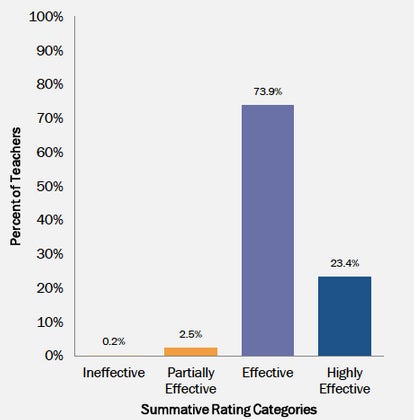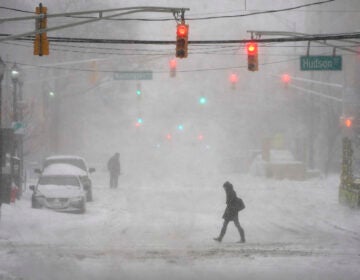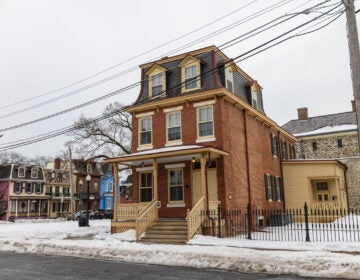97 percent of NJ’s teachers rated ‘effective’ or higher in new evaluations

 For all the debate over how New Jersey’s public school teachers would fare in the first round of assessments using the state’s new evaluation system, fully 97 percent were rated “effective” or better.
For all the debate over how New Jersey’s public school teachers would fare in the first round of assessments using the state’s new evaluation system, fully 97 percent were rated “effective” or better.
The state Department of Education released the results as part of its first report on the implementation of the TEACHNJ tenure reform law, which sets a statewide procedure for evaluating teacher performance.
Yesterday, state officials stressed the system was not about specific ratings but intended to create a process for educators to get feedback for professional improvement.
“First and foremost, this is not about exiting bad teachers, but about continuing improvement and teachers getting the support they need,” said Peter Shulman, the assistant education commissioner and chief talent officer overseeing the process.
Nonetheless, the announcement was widely anticipated and carried some political overtones; the evaluation system has been controversial under Gov. Chris Christie, and the chief question at hand was how New Jersey’s teachers would rate.
Of particular concern was the component that would judge a segment of teachers based on student performance on state standardized tests. Last year, teachers in elementary and middle-school language arts and math — about 15 percent of all teachers — were told that 30 percent of their ratings would be based on student progress. (As part of a political compromise, that share has been lowered to 10 percent for the current year.)
But teachers had little to worry about. Ratings were overwhelmingly positive and student performance had little influence on them, compared with other measures, including classroom observation, state officials said.
Among the report’s key findings:
Overall, 23.4 percent of teachers were rated as “highly effective,” the highest of four categories;
73.9 percent of teachers were rated as “effective,” the second-highest rating and the minimum needed to retain tenure;
2.5 percent were “partially effective,” the second-lowest rating, which can place a teacher in peril of tenure charges;
0.2 percent — or about 200 teachers statewide — were rated “ineffective.”
The less-than-satisfactory ratings applied to 2,900 teachers out of 100,000.
But Shulman stressed that the lowest rankings represented more than double the number of teachers who had faced unsatisfactory ratings under the old system, in which ratings were largely determined district by district, if not school by school.
Even so, Shulman repeatedly stressed that the intent of the program was not to punish teachers, and said a cautious approach would be best.
“At times like this [in the first year of the new system], there may be a natural hesitancy to be overly aggressive,” he said yesterday. ‘If they are erring on the side of caution, we think that is appropriate.”
The report also cautioned that ratings could vary widely from district to district, with some seeing evenly distributed rankings and others seeing a disproportionate number of “highly effective” scores.
District-by-district scores are not yet available, according to the department. Under the law, individual teacher’s ratings will not be released.
In other findings, the state reported that the use of “student growth objectives” (SGOs) that measure teachers on student achievement factors other than state testing had largely benefited teachers. Close to two-thirds of SGOs had resulted in the highest tier of ratings, and more than 90 percent were at least satisfactory, according to the report.
And in one closely watched metric, the state found that the ratings based on student test scores had little impact on overall evaluations, with the scores of teachers judged on student test results barely differing from those who were not.
The state’s dominant teachers union, the New Jersey Education Association, applauded the high ratings but also questioned the methodology for those teachers who did not do as well. The union has long complained about the use of student test scores.
“Given the challenges teachers, administrators, and districts faced in the first year of evaluations under AchieveNJ, these results are exceptional,” said Wendell Steinhauer, the NJEA president.
“While we continue to have deep concerns about both the implementation of the evaluation system and some of the data used to make evaluation decisions, these results show that teachers are working very hard to meet and exceed expectations.”
______________________________________________________
NJ Spotlight, an independent online news service on issues critical to New Jersey, makes its in-depth reporting available to NewsWorks.
WHYY is your source for fact-based, in-depth journalism and information. As a nonprofit organization, we rely on financial support from readers like you. Please give today.




